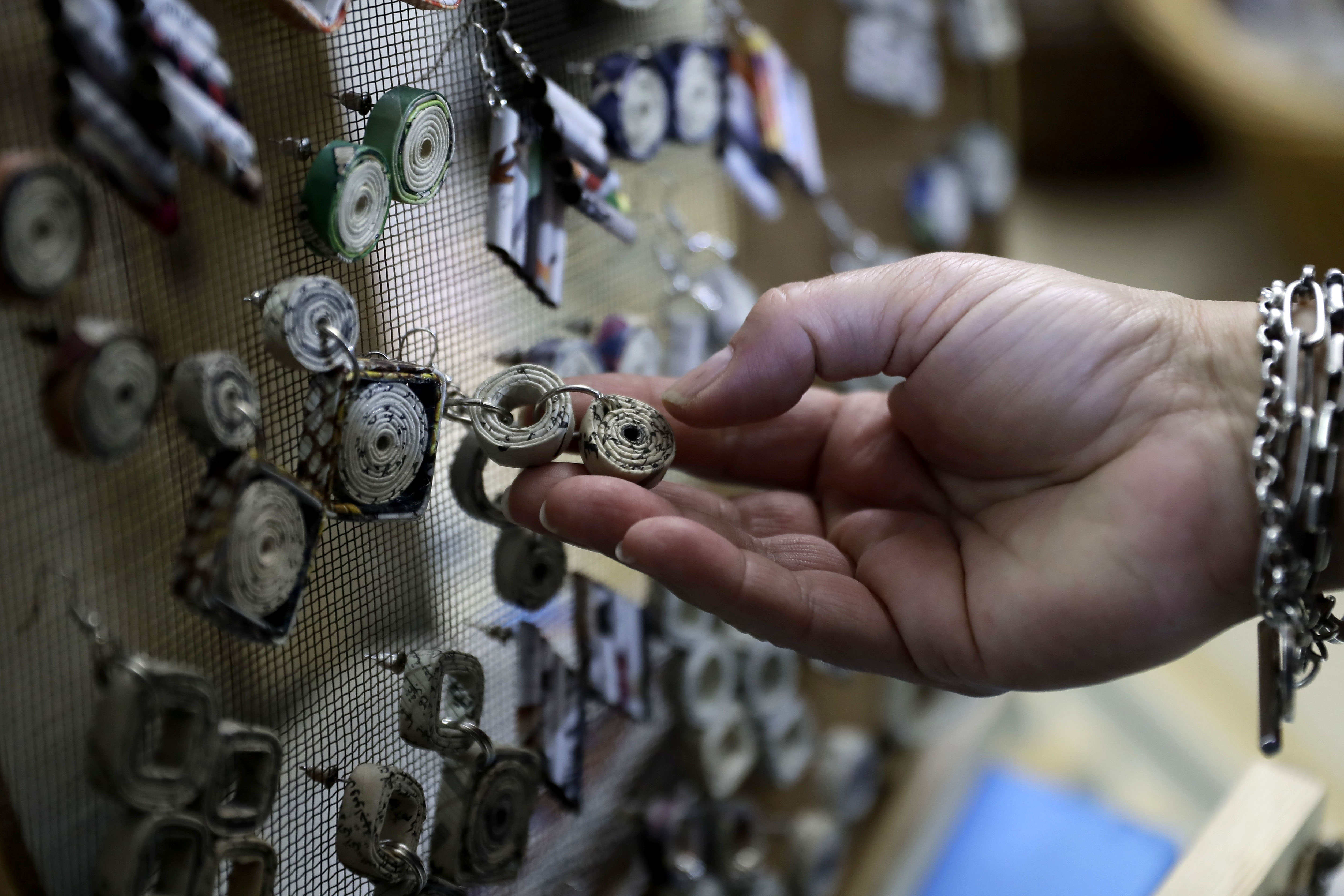
- ARAB NEWS
- 04 Jul 2025

Najia Houssari
Japanese diplomats and business leaders are working with their Lebanese counterparts to restore Beirut as a focal point for Japan’s economic activity in the Middle East.
The Lebanese capital was a center of Japanese trade and commerce in the region before civil war in Lebanon in the 1970s and 1980s led to a deterioration of economic relations between the two countries.
Farid Boustani, chairman of BUMC, the Toyota dealer, said: “Until the 1960s and early 1970s, large Japanese companies were based in Beirut and operated their businesses across the Middle East.
“When the war broke out in Lebanon, they moved their business to Dubai. They could not return to Lebanon until after the end of the war in 1990,” he said.
Now the Japanese Embassy in Lebanon is trying to revitalize business ties between the two countries. A business group chaired by Boustani will also be launched in September to strengthen economic links between Beirut and Tokyo.
Boustani said that a group of businessmen and intellectuals was established in 2000 to push for greater cooperation with Japan, but did not last long. “The new group will focus on commercial and cultural exchange between the two countries,” he said.
Ai Odoriba, economic cooperation and cultural attache at the Japanese Embassy in Lebanon, agrees with Boustani’s analysis.
“After the establishment of the Japanese delegation in Lebanon in 1954, Japan built close economic relations with Lebanon, which was considered as a center for trade, commerce, and economy in the Middle East,” she said.
In the 1970s, there were more than 1,500 Japanese living in Lebanon. “However, after 1975, the Lebanese civil war forced Japanese companies to leave the country and since then their economic activities in Lebanon have not recovered,” she said.
Trade volumes between the two countries have remained static for the past several years, Odoriba said.
“In 2017, the total value of Japan’s exports to Lebanon was about 38.4 billion Japanese yen ($360 million), which consists mainly of cars and electronic products, while its imports from Lebanon are valued at 2.1 billion Japanese yen,” she said.
Boustani highlights another area that demands attention. “Lebanon exports little to Japan compared with what we import. Our biggest export is wine,” he said.
Masoud Daher, a professor of political history and an expert on Japanese-Arab relations, said that Lebanon’s economic volatility had hampered Beirut’s attempts to boost trade with Japan.
“When the Lebanese pound was affected and its value declined, Japanese goods could no longer be afforded by the middle class in Lebanon,” he said.
“Travel to Japan has also become expensive, and the number of Lebanese people who care for Japan is small because language is a major obstacle. Although the Chinese language is more difficult, more Lebanese are now heading to China for trade.”
Odoriba highlighted her country’s desire “to contribute to the revitalization of bilateral economic ties by introducing Japanese high technology such as automobiles, electronic products and robots, along with cuisine and animation, fields in which Japan is renowned around the globe.”
Boustani praised the “tremendous efforts” made by Japan to help Lebanon through NGOs and Lebanese government channels.
“The Japanese state usually works work quietly and in a thoughtful way away from the eyes of the media,” he said. “We thank them and know that the technology they provide us, whether through water refineries or other projects, is top class,” he said.
Daher agreed that Japanese trade with the Middle East lacks balance.
“Japan and the Arab world must have relations, not just one Arab country. Relations should be developed toward strategic issues and should not be limited to exchanging oil for goods,” he said.
“The reluctance of Japanese, and also Chinese, companies to engage in productive projects in our country may be due to commissions that cost 30 percent. Japan and China do not accept this because they are backed by the state. Perhaps because of that, Japanese enterprises are limited.”
Conflict in the region hasn’t helped matters either. Japan’s embassy in Damascus has been closed since the outbreak of the war in Syria and all its procedures moved to Lebanon.
“The Japanese are concerned about the safety of their nationals abroad and, perhaps for this reason, they do not focus their attention on the region as a whole,” Daher said.
However, he said that Japan is willing to cooperate with any Arab country if the issues are important. “Japan is willing to strengthen its Arab relationships, especially if the country respects Japanese tradition.”